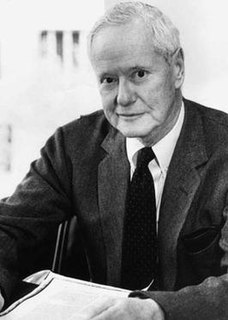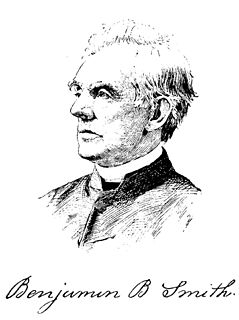A Quote by Blaise Pascal
Caesar was too old, it seems to me, to go off and amuse himself conquering the world. Such a pastime was all right for Augustus and Alexander; they were young men, not easily held in check, but Caesar ought to have been more mature.
Related Quotes
He [Julius Caesar] learned that Alexander , having completed nearly all his conquests by the time he was thirty-two years old, was at an utter loss to know what he should do during the rest of his life, whereat Augustus expressed his surprise that Alexander did not regard it as a greater task to set in order the empire which he had won than to win it.
For if I should not believe all that is written by Historians, of the glorious acts of Alexander, or Caesar; I do not think the Ghost of Alexander, or Caesar, had any just cause to be offended; or any body else, but the Historian. If Livy say the Gods made once a Cow speak, and we believe it not; we distrust not God therein, but Livy. So that it is evident, that whatsoever we believe, upon no other reason, then what is drawn from authority of men only, and their writings; whether they be sent from God or not, is Faith in men only.
Max Weber was right in subscribing to the view that one need not be Caesar in order to understand Caesar. But there is a temptation for us theoretical sociologists to act sometimes as though it is not necessary even to study Caesar in order to understand him. Yet we know that the interplay of theory and research makes both for understanding of the specific case and expansion of the general rule.
He was Caesar and Pope in one; but he was Pope without Pope's pretensions, Caesar without the legions of Caesar: without a standing army, without a bodyguard, without a palace, without a fixed revenue; if ever any man had the right to say that he ruled by the right divine, it was Mohammed, for he had all the power without its instruments and without its supports.
If we go on to cast a look at the fate of these World-Historical persons, whose vocation it was to be the agents of the World-Spirit, we shall find it to have been no happy one. They attained no calm enjoyment; their whole life was labour and trouble; their whole nature was nought else but their master—passion. When their object is attained they fall off like empty hulls from the kernel. They die early, like Alexander; they are murdered, like Caesar.









































